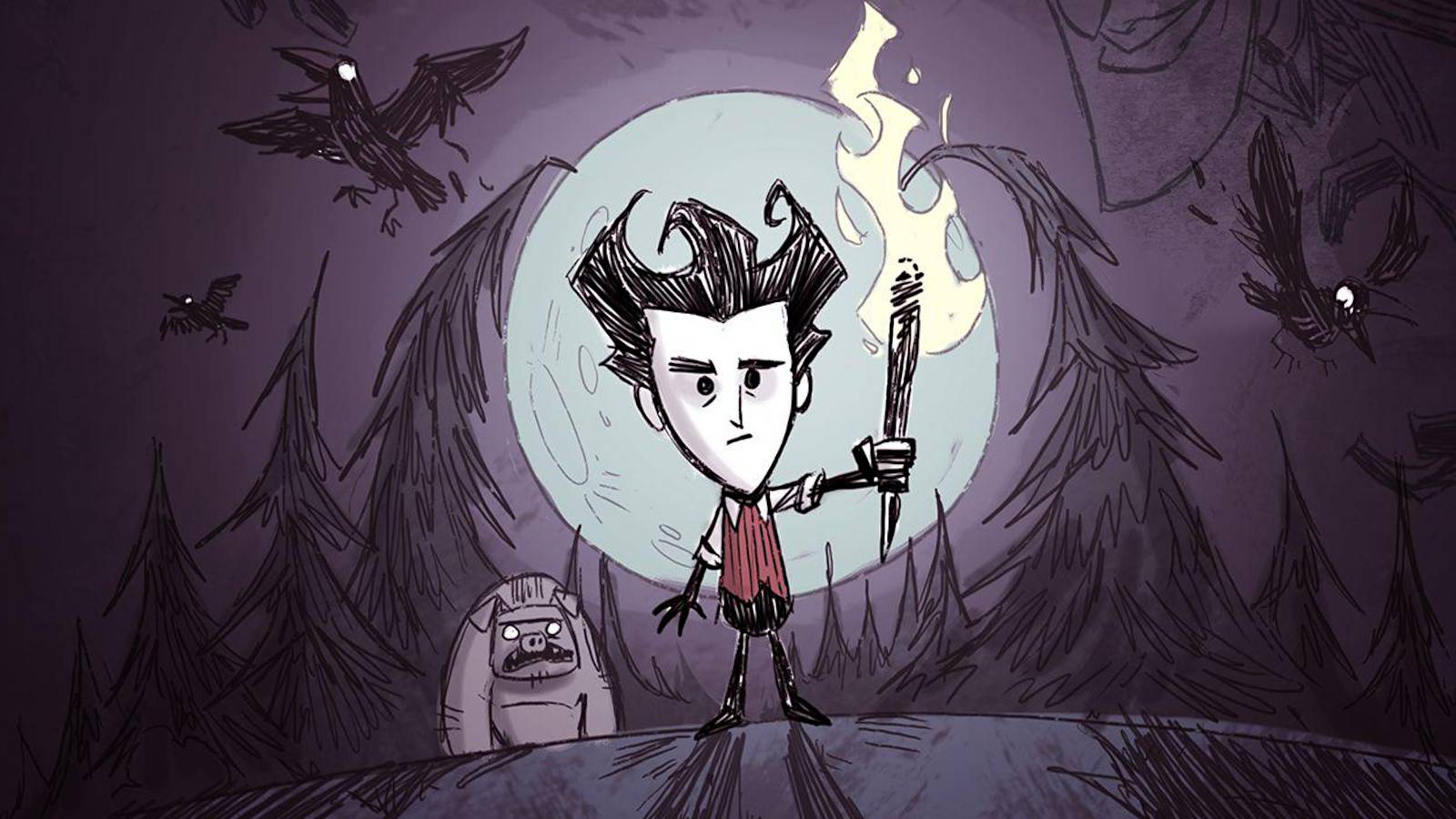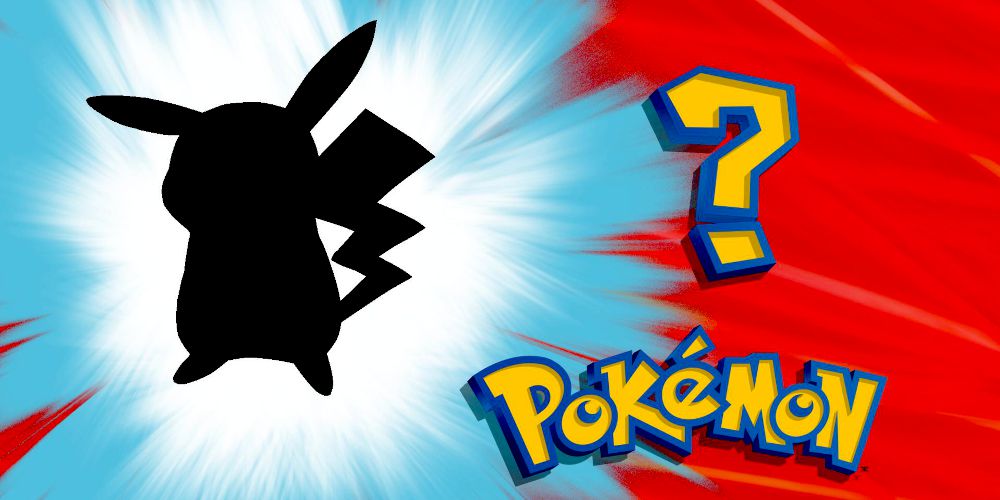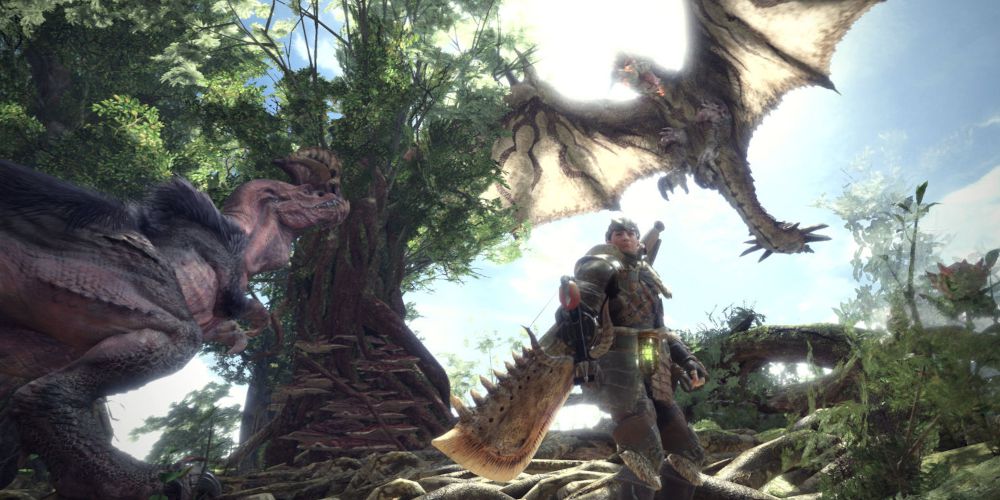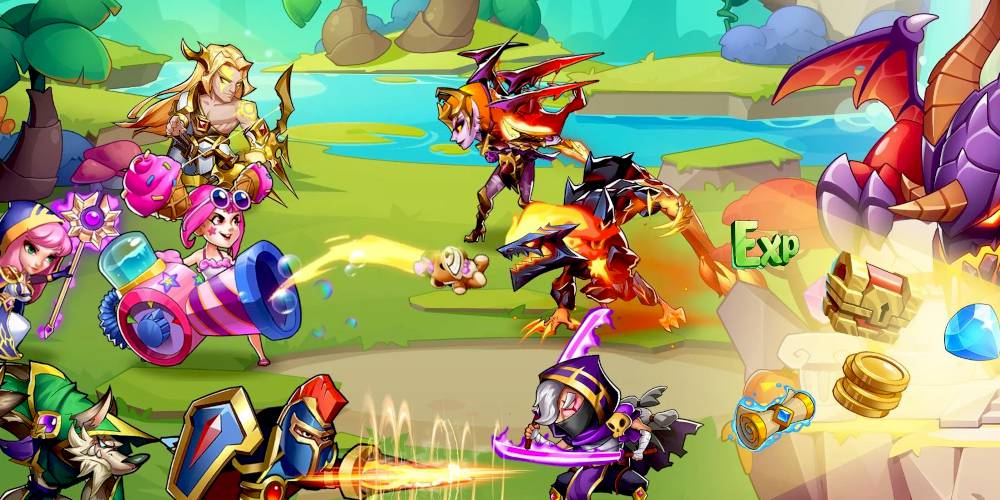How Rocket League’s Point System Works
There are many ways to earn points in aRocket Leaguematch:
When you score a Goal, you earn100 pts. It’s the largest single source of points in the game, and you can get an extra20 ptson top of that if you flourish your goal: aerial goals, backwards goals, long goals, etc.
And if you score a goal in Overtime, that’s another25 ptson top. When you score your third goal in a match, you get a bonus25 pts.
If you hit the ball and a teammate follows up with a hit within three seconds, and if that hit leads to a goal scored, then you get50 ptsfor the Assist. When you make your third assist in a match, you get a bonus25 pts.
If you hit the ball in the direction of the opposing team’s goal while you’re within distance of it, you’ll earn10 ptsfor a Shot on Goal.
If the ball is heading for your own team’s goal and you hit it away, you’ll earn50 ptsfor a Save; if the ball is on the verge of scoring, it’s75 ptsfor an Epic Save instead. When you make your third save in a match, you get a bonus25 pts.
You get2 ptsfor simply hitting the ball. (There’s a short cooldown time that must pass before you can earn points on another hit.)
You can also earn points for hitting the ball away from your goal area (Clear Ball20 pts), for hitting the ball toward the center of the field in the direction of the opposing team’s goal (Center Ball10 pts), for demolishing your seventh opponent in a match (Extermination20 pts), and bumping your team’s goal-scorer after a goal (Low Five5 pts, High Five20 pts).
Why Your Rocket League Score Is Low
Technically, your score is low because you aren’t doing all of the things mentioned above. Scoring goals, assisting teammates, and blocking shots will net you many points in a match.
And yet, while there are plenty of actions thatdoprovide points, there are many other tactical options thatdon’tprovide points:
Holding back on a shot because your teammate has a better position, essentially conceding the goal and allowing your teammate to score instead.
Playing further back in the field, allowing your teammates to berserk their way into pressuring the opposing team’s goal. You may not have much to do for stretches of time, but at least you’re in position in case the ball comes flying toward your side of the field.
Performing a long pass to a teammate, such as by shooting into a far corner or gently tapping off from high up the wall. While the time between hits might mean you don’t get counted for the Assist, it might be the perfect move to set your teammate up for a goal.
Positioning yourself in strategic points on the field that might be far away from the ball’s action, but doing so may put pressure on the opposing team or influence their movements in ways that give an advantage to your team.
So it’s entirely possible to “play well” and end up with a low score. You’ll have to be really honest with yourself and analyze your own replays to conclude whether or not your low score is indicative of bad play or good play—seriously, be honest with yourself!
Related:The Best Free Xbox One Games Actually Worth Playing
The Verdict: It Doesn’t Really Matter
You can rack up a lot of points by chasing the ball, hitting it every which way without paying attention to teamplay, mindlessly swatting at the ball and getting “miraculous” (lucky) saves that boost your leaderboard position.
You can also play with a team-centered mindset where most of your contribution comes down to positioning, support, and pressuring the opposing team—which won’t be reflected in your total score.
At the end of the day, only one stat ultimately matters inRocket League: which team scored the most goals before time runs out. As long as you’re playing to this objective, you shouldn’t give much weight to the numbers on the scoreboard. They’re just numbers.



![]()
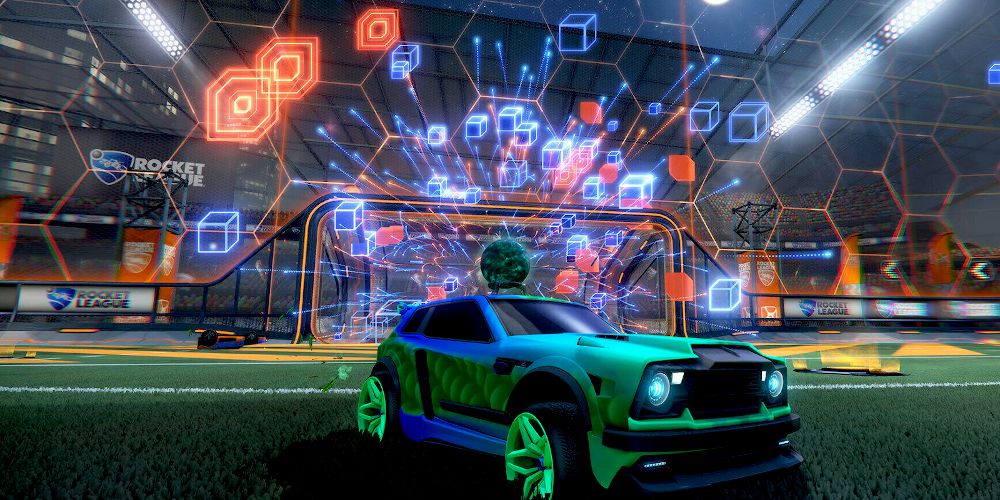
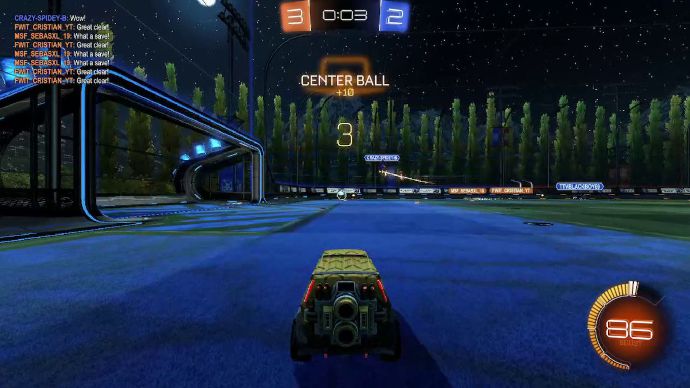
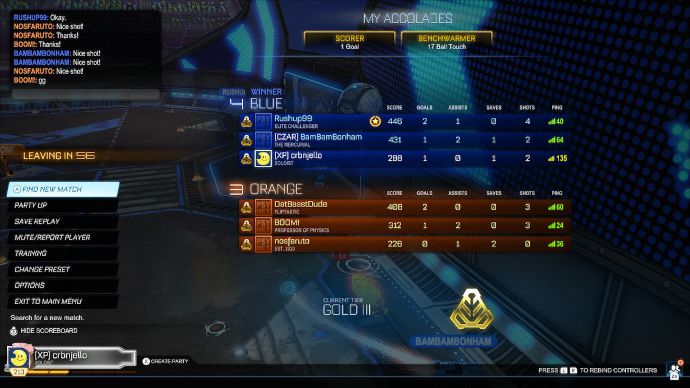
I got the lowest score, but we still won!

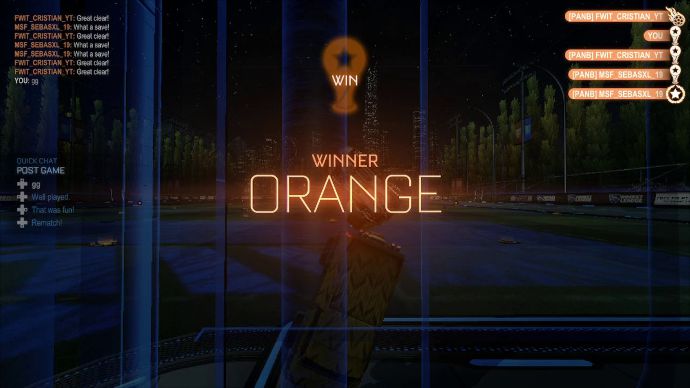
Points don’t mean much! If you win, you win.
